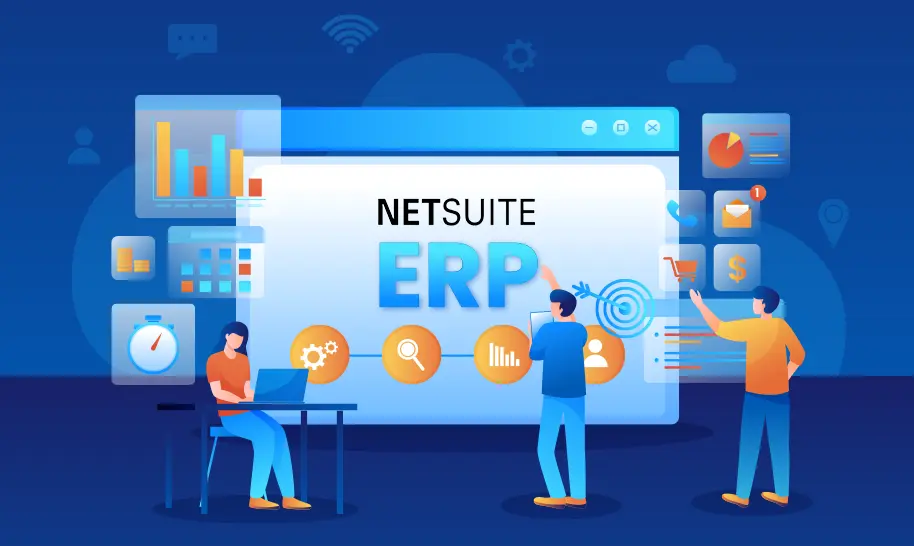In the realm of Enterprise Resource Planning (ERP) software solutions, NetSuite ERP has long been regarded as a powerhouse, offering a comprehensive suite of tools to streamline business operations. However, it’s essential to recognize that in today’s dynamic market, there are several other contenders vying for the top spot. Let’s delve into a detailed analysis of some of the primary competitors to NetSuite ERP and explore their strengths and weaknesses.

SAP Business One
SAP Business One stands out as a robust ERP solution tailored primarily for small to midsize businesses (SMBs). It boasts a wide array of functionalities, including financial management, sales and customer management, purchasing and procurement, inventory and distribution, and reporting and analytics.
One of the key advantages of SAP Business One is its scalability, allowing businesses to adapt and grow without needing to switch to a different ERP system. However, its implementation and customization can be complex and require significant upfront investment.
Microsoft Dynamics 365 Business Central
Microsoft Dynamics 365 Business Central is another formidable competitor in the ERP arena, offering seamless integration with other Microsoft products such as Office 365 and Power BI. Designed with SMBs in mind, it provides modules for financial management, supply chain management, project management, and more.
The strength of Business Central lies in its familiar user interface for those already accustomed to Microsoft products, along with its flexibility in deployment options, including on-premises or cloud-based solutions. However, some users may find its licensing costs prohibitive, especially as their organization grows.
Oracle ERP Cloud
Oracle ERP Cloud is a comprehensive suite of cloud-based applications designed to streamline business processes across finance, procurement, project management, and more. With a focus on scalability and performance, Oracle ERP Cloud caters to businesses of all sizes, from startups to large enterprises.
One of the standout features of Oracle ERP Cloud is its advanced analytics and reporting capabilities, powered by AI and machine learning algorithms. However, its implementation can be complex, requiring expertise in Oracle technologies, and some users may find the user interface less intuitive compared to other solutions.
Odoo
Odoo takes a modular approach to ERP, offering a wide range of customizable apps that cover various business functions, including CRM, accounting, inventory management, and human resources. Its open-source nature and vast community of developers make it a flexible and cost-effective option for businesses seeking tailored ERP solutions.
One of the main advantages of Odoo is its flexibility and scalability, allowing businesses to start small and add modules as needed. However, its open-source nature may also mean a lack of official support and documentation for certain modules.
Infor CloudSuite
Infor CloudSuite is a cloud-based ERP solution designed for industries such as manufacturing, distribution, and healthcare. With its industry-specific functionality and built-in best practices, CloudSuite offers a rapid implementation process and helps businesses achieve operational excellence.
One of the key strengths of Infor CloudSuite is its deep industry expertise and specialization, allowing businesses to address specific challenges and requirements within their niche. However, its pricing structure may not be suitable for smaller businesses, and customization options may be limited compared to other solutions.
Conclusion
While NetSuite ERP continues to be a dominant force in the ERP market, it’s crucial for businesses to explore alternative options to find the solution that best fits their unique needs and requirements. Each of the competitors discussed—SAP Business One, Microsoft Dynamics 365 Business Central, Oracle ERP Cloud, Odoo, and Infor CloudSuite—brings its own strengths and weaknesses to the table. By conducting a thorough analysis of these alternatives, businesses can make informed decisions to drive efficiency, innovation, and growth.
Also, Read More >>> Zion Mixolydian and Zillion Heir Cannon




